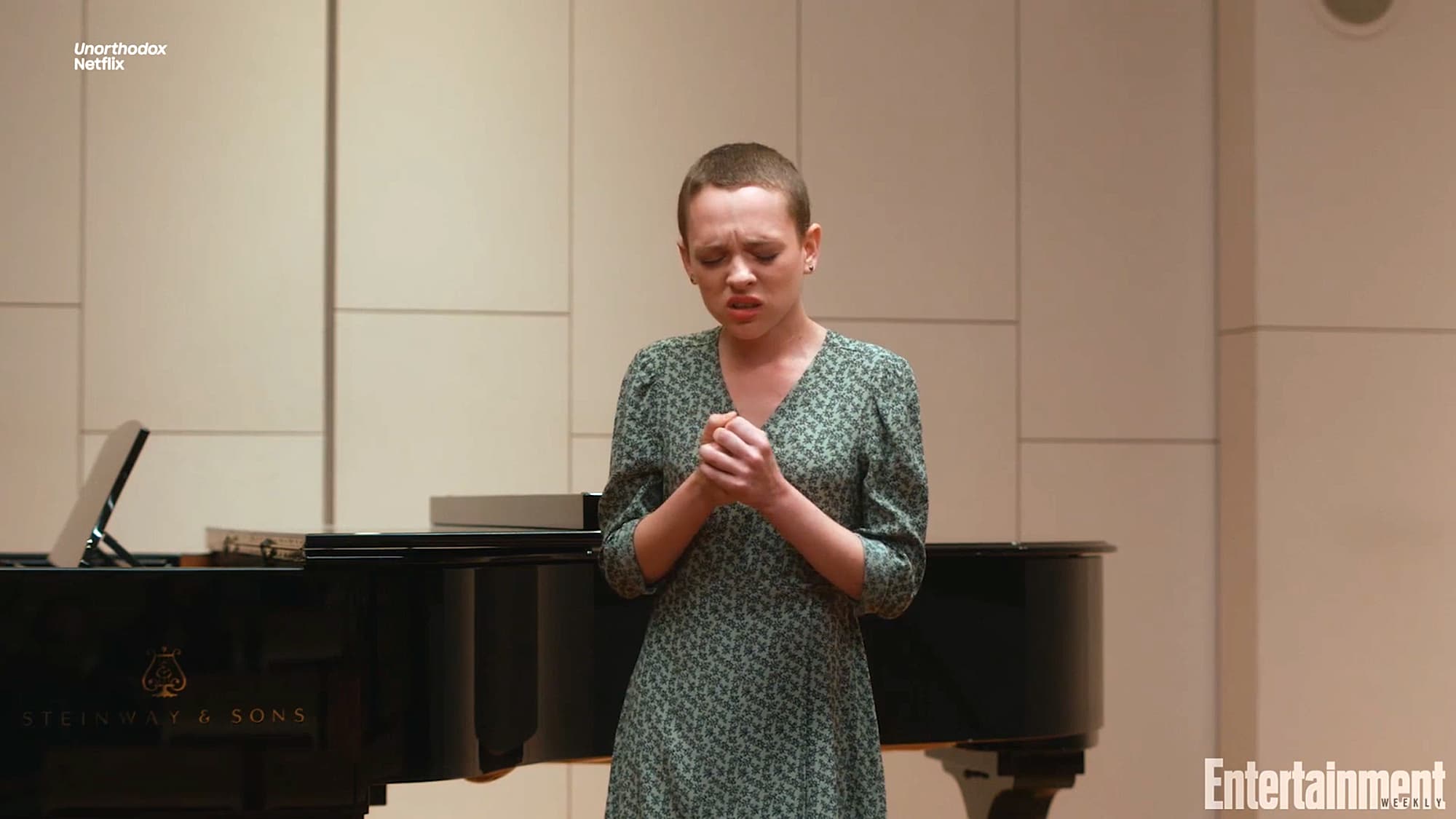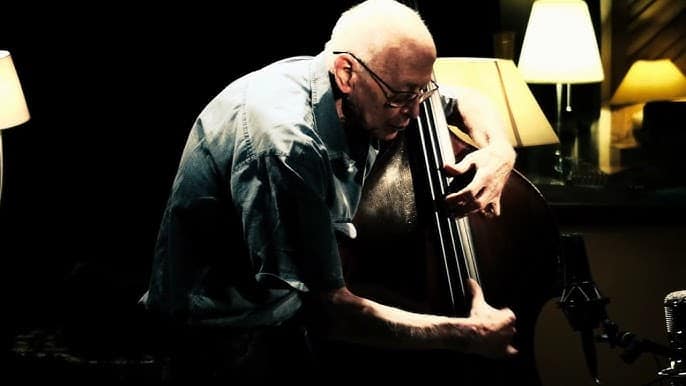The Slipped Disc daily comfort zone (234): The loneliest wedding song
mainI had reservations about the Netflix film Unorthodox when it was released, but this rendition by Shira Haas of the Chasidic wedding song is not only the loneliest and most exposed piece of singing I’ve heard all year. It’s also the best a capella piece I’ve ever heard from an actor who is not a trained singer.






Stupendous film. The actress also appears in the equally stupendous Netflix series, Shtisel.
Sorry, Unorthodox is not a one off film but a miniseries.
Generally a good mini-series, the only downside being the pathetically socially-engineered group of music students (and staff) in Berlin. The purely ‘Jewish’ elements were excellent.
I agree with that take. I was very persuaded by her struggles with her own life and the people around her, but not by her immediate and intimate adoption by a box-ticking group of German bright young things.
Not entirely persuaded by the resolution and enlightenment of her husband.
I agree completely.
Agreed – it’s a fabulous rendition.
I also thought ‘Unorthodox’ was pretty damn great, too. And so much of it rang true to me.
FM
Very moving story…perfectly playing actress…monika
Terrific series, and her audition scene was wonderul. The series took a lot of liberties in departing from the book, which I’m pretty sure doesn’t involve any of the Berlin music study.
Loved both “Unorthodox” and “Shtisel.”
A Deutche Welle Youtube interview with Deborah Feldman, the woman who wrote the autobiography on which “Unorthodox” is based, is fascinating. And yes, ‘Schtisel’ is quite interesting, too.
The film was well made but the heroine was hardly that. She abandons her husband and absconds to Europe with their unborn baby. Granted she was living in a repressive community but she still had no right to steal a child, particularly from her husband who was portrayed as loving, if somewhat aloof and inexperienced, which is understandable given the community he comes from. I felt the film never addressed her moral crime.
I feel her interpretation if the epitome of bitterness, especially when she “sings” the word Kallah (bride) at the very end. I also believe most German actors are required to take some vocal training during the course of their education.